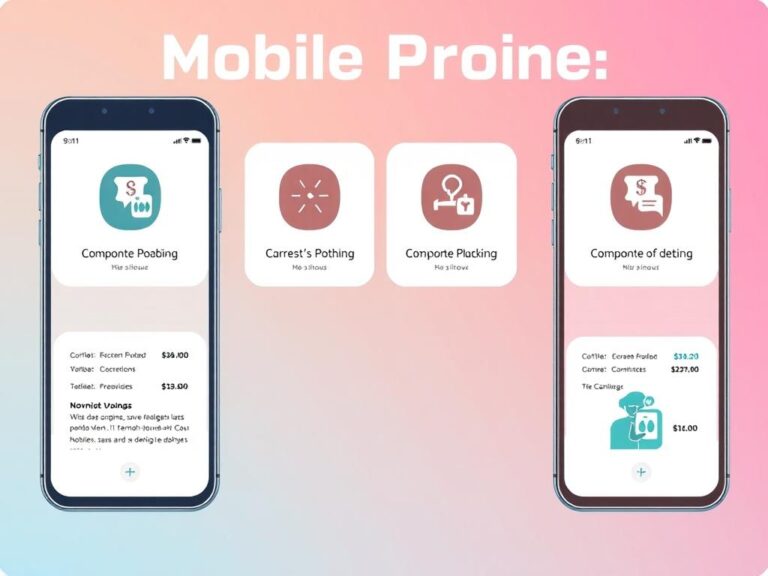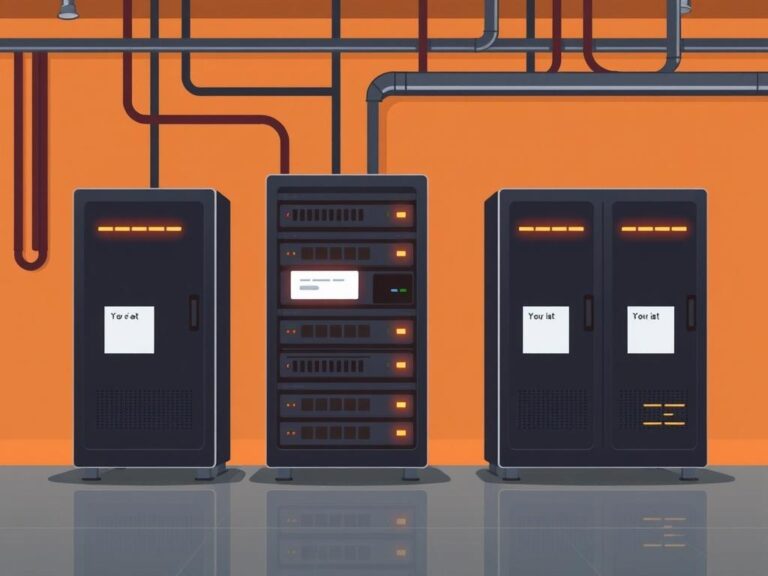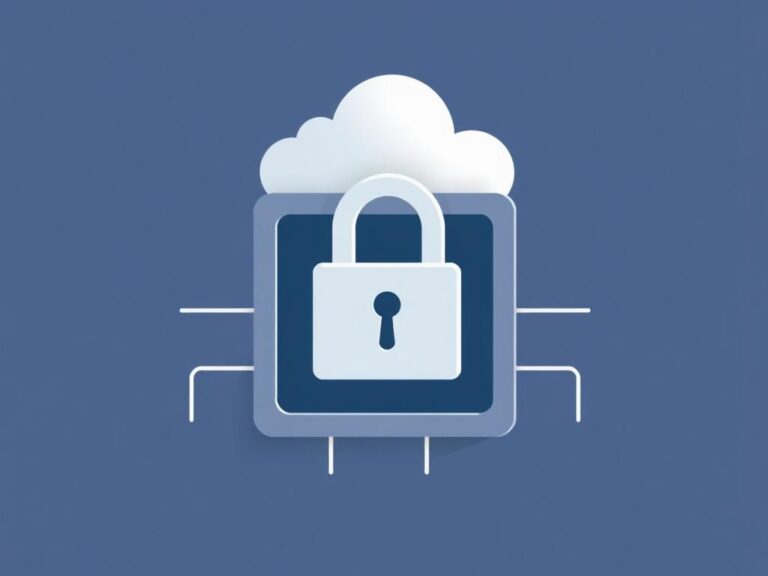
When we talk about the future of technology, it’s impossible to ignore voices that have consistently shown insight and a knack for spotting trends before they become mainstream. Daniel C. Moura is one such visionary whose predictions about the tech industry in 2025 are stirring curiosity and debate. If you’re interested in how technology might shape our lives just a few years from now, Moura’s forecasts offer a fascinating glimpse into everything from artificial intelligence advancements to the evolution of digital privacy. In this article, we’ll explore his most compelling predictions, breaking down what they mean for businesses, consumers, and society as a whole.
The Rise of AI and Machine Learning
One of the most prominent aspects of Daniel C. Moura’s predictions for the tech industry in 2025 centers on artificial intelligence (AI) and machine learning (ML). According to Moura, these technologies won’t just be supporting tools but will become integral to everyday decision-making processes. AI-powered systems will grow more sophisticated, capable of not only analyzing vast amounts of data but also predicting trends with remarkable accuracy.
Moura emphasizes that by 2025, industries like healthcare, finance, and even education will rely heavily on AI to customize solutions tailored to individual needs. For example, AI-driven diagnostic tools in healthcare will rapidly evolve, detecting diseases earlier and personalizing treatment plans with precision. In finance, algorithmic trading and risk management will be more advanced, reducing human error and increasing efficiency.
How AI Will Change Consumer Experience
What does this mean for the average consumer? Moura predicts AI will enhance user experience through personalization. From shopping guides that anticipate your preferences to virtual assistants that understand context better than ever, this evolution will simplify many areas of life.
- Smart home devices will learn your routines and adjust settings automatically.
- Customer support will be almost entirely automated but highly responsive and empathetic.
- Entertainment platforms will offer truly immersive, AI-curated content.
As impressive as this sounds, Moura also points out we need to stay aware of the ethical implications surrounding AI, especially regarding data usage and algorithmic bias. The growing reliance on machine learning models demands transparency and accountability.
Digital Privacy and Cybersecurity Challenges
Daniel C. Moura’s predictions for the tech industry in 2025 don’t shy away from the darker side of technological advancement. While AI and other innovations promise convenience, they also raise major concerns about digital privacy and cybersecurity. Moura argues that as data becomes the new currency, breaches and privacy violations could become even more devastating unless new measures are taken.
One key prediction is that 2025 will mark a turning point in cybersecurity, with more sophisticated defense systems emerging alongside equally advanced threats. The rise of quantum computing, for instance, may be a double-edged sword—enhancing encryption techniques but also providing hackers with unprecedented computing power.
| Cybersecurity Trend | Description | Expected Impact by 2025 |
|---|---|---|
| Quantum Encryption | Advanced cryptographic methods using quantum mechanics | Stronger data protection but requires widespread adoption |
| AI-Driven Threat Detection | Systems using machine learning to recognize and respond to attacks | Faster response times and reduced damage |
| Regulatory Frameworks | New laws governing data privacy and cross-border data flow | Increased user control but more compliance complexity for companies |
Moura stresses that companies and regulators must work closely to create robust frameworks that protect users without stifling innovation. Consumer awareness about data privacy will also play a pivotal role in shaping these outcomes.
The Internet of Things (IoT) and Smart Cities
Another exciting prediction from Daniel C. Moura is the widespread expansion of the Internet of Things (IoT) and its role in building smarter, more connected urban environments. By 2025, IoT devices are expected to become ubiquitous, embedded deeply into the infrastructure of cities to improve everything from traffic flow to energy consumption.
Imagine a city where streetlights automatically dim when no one is around, public transport adapts to crowd levels in real-time, and waste management optimizes itself based on sensor data. According to Moura, this level of integration will not only enhance urban living quality but also contribute to sustainability goals critical for the future.
- Enhanced energy efficiency leading to lower carbon footprints.
- Improved public safety through real-time monitoring and faster emergency responses.
- Better resource management such as water and waste recycling.
Businesses will have to adapt quickly, embracing IoT platforms to remain competitive, while governments will need to invest in infrastructure and cybersecurity for these connected systems.
Potential Drawbacks and Hurdles
However, Moura cautions that while IoT holds massive potential, it also presents challenges. Increased connectivity means more endpoints vulnerable to attack. Privacy remains a concern when so much personal data is being captured, analyzed, and stored. Furthermore, the digital divide could widen if some communities are left behind in this technological revolution.
The Role of Blockchain Beyond Cryptocurrency
Blockchain technology, long associated mainly with cryptocurrencies, features prominently in Daniel C. Moura’s vision of the tech industry in 2025. He predicts its applications will expand significantly across sectors like supply chain management, healthcare, and voting systems, promising greater transparency and security.
In supply chains, blockchain could provide tamper-proof records tracking goods from origin to consumer, improving trust and efficiency. In healthcare, it might safeguard medical records while enabling seamless and secure data sharing. For governments, blockchain could underpin transparent and fraud-resistant voting systems, strengthening democracy.
| Industry | Blockchain Application | Benefit |
|---|---|---|
| Supply Chain | Immutable tracking of goods and provenance | Enhanced trust, reduced fraud |
| Healthcare | Secure patient records and data interoperability | Improved patient privacy and treatment |
| Governance | Transparent voting platforms | Increased election integrity |
Moura envisions blockchain evolving from a niche technology to a foundational component in the digital economy, although he warns that regulatory clarity and scalable infrastructure will be crucial for its success.
Preparing for the Tech Industry of Tomorrow
Daniel C. Moura’s predictions for the tech industry in 2025 highlight powerful trends that will shape how we live, work, and interact. From AI-driven automation to enhanced digital privacy measures, the landscape promises impressive innovations paired with significant challenges. Businesses looking to stay ahead will need to embrace these technologies thoughtfully while ensuring ethical considerations remain front and center.
For individuals, staying informed about these changes and advocating for responsible technology use will be increasingly important. Whether it’s understanding how IoT impacts your city or keeping your data secure in an ever-more connected world, awareness is key.
Summary of Key Predictions
- AI and machine learning will transform industries and personalize user experiences.
- Cybersecurity will become more sophisticated amid growing threats.
- IoT will facilitate the development of smart cities with efficient, sustainable systems.
- Blockchain will expand beyond cryptocurrency into various sectors for transparency and security.
What to Watch for in 2025
![Daniel C. Moura's Predictions for [Industry] in 2025. What to Watch for in 2025 Daniel C. Moura's Predictions for [Industry] in 2025. What to Watch for in 2025](https://danielcmoura.com/wp-content/uploads/2025/06/f5570cea426965039a7072c4c905c934.jpg)
| Trend | Potential Impact | Who Should Care? |
|---|---|---|
| AI Integration | Automation and enhanced personalization | Consumers, businesses, regulators |
| Privacy & Regulations | Stronger protections but complex compliance | Tech companies, users, lawmakers |
| IoT Adoption | Smarter infrastructure and improved services | Urban planners, citizens, service providers |
| Blockchain Expansion | Greater transparency and security | Supply chains, healthcare, governments |
Conclusion
Daniel C. Moura’s predictions for the tech industry in 2025 paint an exciting yet complex picture of the near future. As AI becomes deeply embedded in our lives, digital privacy grows ever more important, and infrastructures become smarter and more interconnected, it’s clear that the tech industry will continue to drive profound societal change. While the promise of these advancements is immense, navigating the associated ethical, security, and regulatory challenges will require careful collaboration between innovators, governments, and users. Preparing today for these emerging technologies will ensure that the tech industry of tomorrow benefits everyone sustainably and responsibly.





Recent Comments